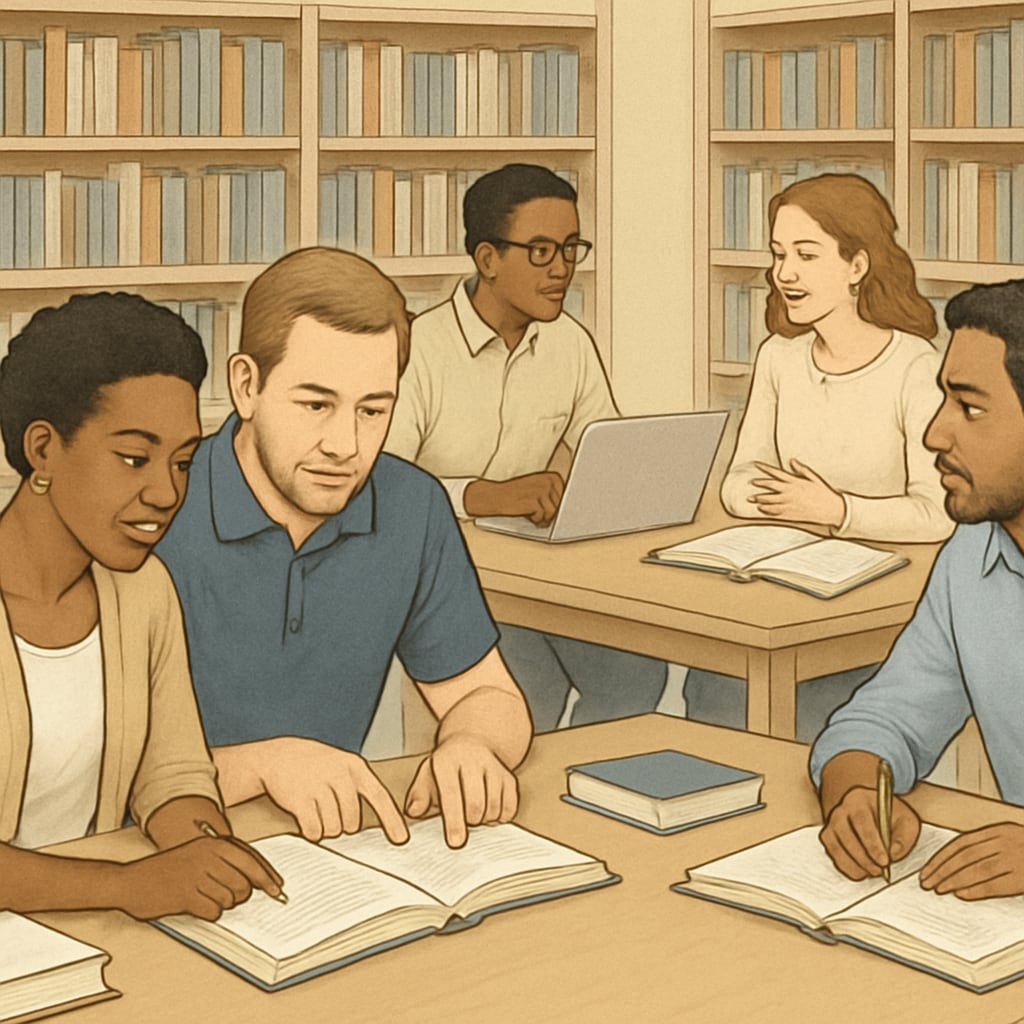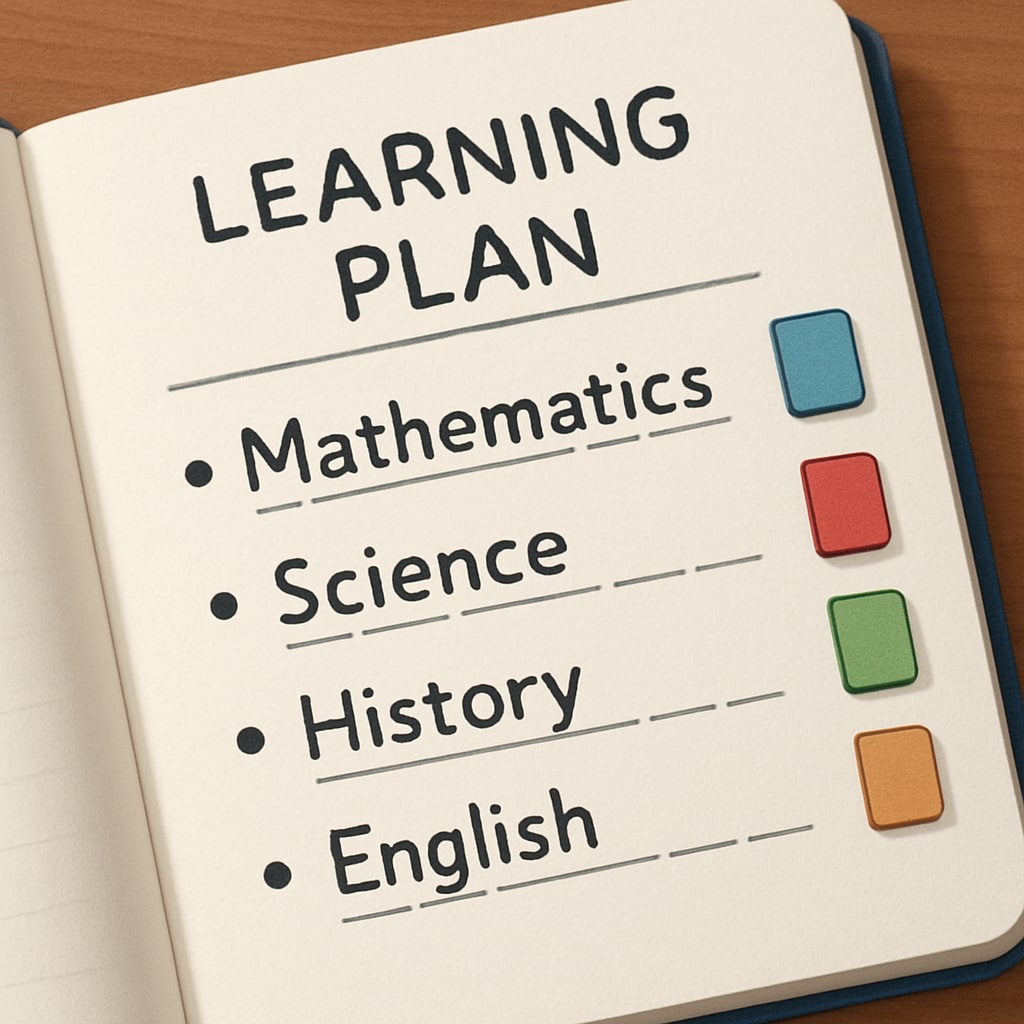Educational gaps, foundational knowledge deficiencies, and feelings of inadequacy are common challenges faced by adults who missed crucial learning opportunities during childhood. Many individuals struggle with this silent burden, often feeling embarrassed or overwhelmed when encountering basic concepts they should have mastered years ago. However, the human brain retains remarkable plasticity throughout adulthood, making knowledge acquisition possible at any age.

Understanding the Psychological Barriers
Before addressing knowledge deficiencies, it’s crucial to confront the emotional aspects. Feelings of shame or self-doubt often create mental blocks that hinder progress. Research from the American Psychological Association shows that adult learners frequently underestimate their capacity for acquiring new information. The first step is recognizing that:
- Learning gaps don’t reflect intelligence or potential
- Many successful people have overcome similar challenges
- The adult brain can develop new neural pathways through neuroplasticity
Creating a Personalized Learning Roadmap
Systematic approaches yield better results than random studying. Begin by identifying specific knowledge gaps through self-assessment or standardized tests like the Adult Basic Education framework. Then:
- Prioritize the most essential foundational concepts
- Break complex subjects into manageable units
- Establish realistic milestones and timelines

Effective Strategies for Adult Learners
Traditional childhood learning methods often don’t work for adults. According to Britannica’s research on adult education, mature learners benefit from:
- Contextual learning that connects to real-life applications
- Self-paced digital platforms that respect time constraints
- Multisensory approaches combining visual, auditory, and kinesthetic elements
Building a Support System
Isolation magnifies difficulties. Consider joining study groups, enrolling in community college remedial courses, or finding a mentor. Many public libraries offer free tutoring programs specifically designed for adults addressing educational gaps. Remember that asking for help demonstrates strength, not weakness.
Practical tip: Start with small, daily commitments rather than attempting dramatic overhauls. Even 15 minutes of focused study can yield significant progress over time. Celebrate every achievement, no matter how minor it seems.


